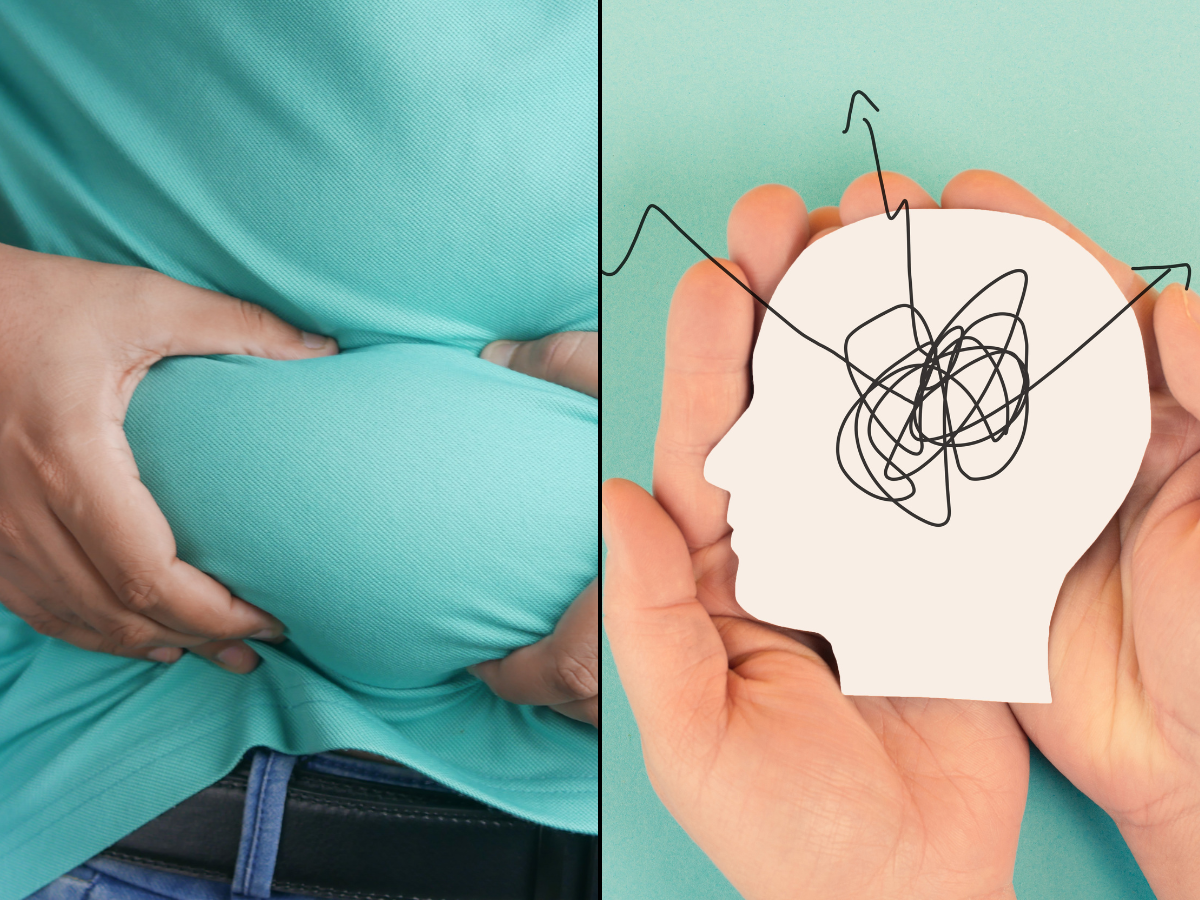
“We’ve known for a while that as the belly size gets larger, the memory centers in the brain get smaller,” said Alzheimer’s disease researcher Dr. Richard Isaacson, a preventive neurologist at the Institute for Neurodegenerative Diseases of Florida, quoted CNN. “This study shows a brain imaging marker of neuroinflammation which I had not seen before,” said Isaacson, who was not involved in the new study. “The brain imaging links the belly fat, or visceral fat, to the brain dysfunction through an inflammatory cascade.”
Unlike subcutaneous fat that you can pinch under your skin or along your waistline, visceral fat can’t be poked, prodded or pinched. It hides deep in the belly behind the abdominal muscles, and wraps itself around vital organs. “Subcutaneous fat is typically not associated with insulin resistance,” Isaacson said. “The higher the visceral fat level, however, the more a person has insulin resistance that causes inflammation in the body and the brain.”
